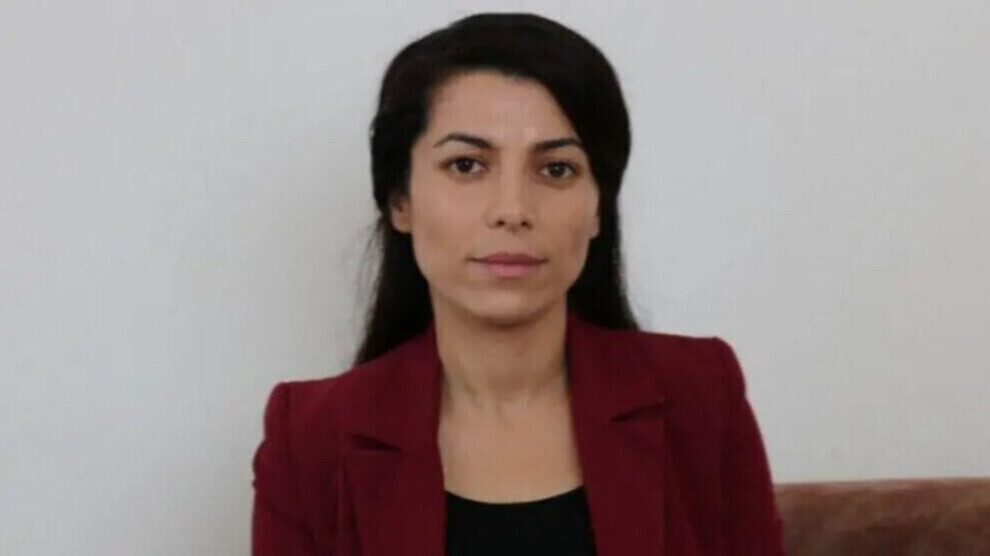Warisha Moradi, on death row in Iran, denied urgent medical treatment
Kurdish activist Warisha Moradi, who was arrested on 1 August 2023, is at risk of imminent execution and is suffering from serious health conditions.
Kurdish activist Warisha Moradi, who was arrested on 1 August 2023, is at risk of imminent execution and is suffering from serious health conditions.

Kurdish political prisoner Warisha Moradi, who is on death row in Iran, is being denied access to vital medical care despite suffering from serious health conditions, including a herniated cervical disc and spinal canal stenosis, the Kurdistan Human Rights Network (KHRN) reported.
In March 2024, Moradi was examined by a neurologist and both the specialist and the medical team at Evin Prison recommended immediate surgery. However, prison authorities have so far refused to allow her transfer to a hospital.
Her condition has since worsened, leading to numbness and chronic pain in her right hand.
The political prisoner also developed gastrointestinal issues following a 20-day hunger strike in October 2024, for which she received no medical care for several months. It was only after mounting pressure from international human rights organisations that she was taken to a medical centre outside the prison for examination and treatment about two months ago.
Background
Warisha Moradi, also known as Ciwana Sine, a member of the East Kurdistan Free Women’s Society (KJAR) from Sanandaj, Kurdistan Province, was arrested by the Ministry of Intelligence on 1 August 2023 at the entrance to Sanandaj upon her return from Kermanshah, Kermanshah Province, where she had been involved in political and organisational activities.
She spent the first 13 days of her detention in the detention centre of this security institution in Sanandaj, and was then transferred to Ward 209 of Evin Prison in Tehran.
During this period, she was subjected to pressure and threats to make forced confessions, and on 26 December 2023, after five months of solitary confinement, she was transferred to the women’s ward of Evin Prison.
On 10 October 2024, coinciding with the World Day Against the Death Penalty, Moradi went on a 20-day hunger strike in Tehran’s Evin Prison to protest the issuing and execution of death sentences by the Islamic Republic of Iran.
Due to digestive complications following the hunger strike, she was transferred to a medical facility outside the prison, and returned after spending one night under care.
The death penalty, handed down by Judge Abolghassem Salavati, followed two court hearings on 16 June and 5 October 2024, and the death sentence was formally notified to Moradi’s lawyers on 10 November 2024.
During the court hearings, Moradi was denied the right to defend herself, and the judge barred her lawyers from presenting a defence.
Additionally, the lawyers, who had previously been prevented from reviewing the case file, were only allowed a few hours to review the case after the second hearing.
Moradi’s death sentence contradicts an earlier indictment that referred to Article 288 of the Islamic Penal Code, which provides for a maximum sentence of 15 years’ imprisonment. However, in an illegal ruling, Judge Salavati cited Article 287, which allows for the imposition of the death penalty in cases where individuals are involved in armed rebellion against the Islamic Republic.
Additionally, in October 2024, Moradi and several other female political prisoners in Evin’s women’s ward were sentenced to six months in prison by the Second Criminal Court of the Qods Judicial Complex in Tehran, presided over by Judge Abolfazl Ameri, on charges of “disturbing prison order”.
Moradi’s case has been referred to Branch Nine of the Supreme Court and is currently under review following her appeal against the death sentence.